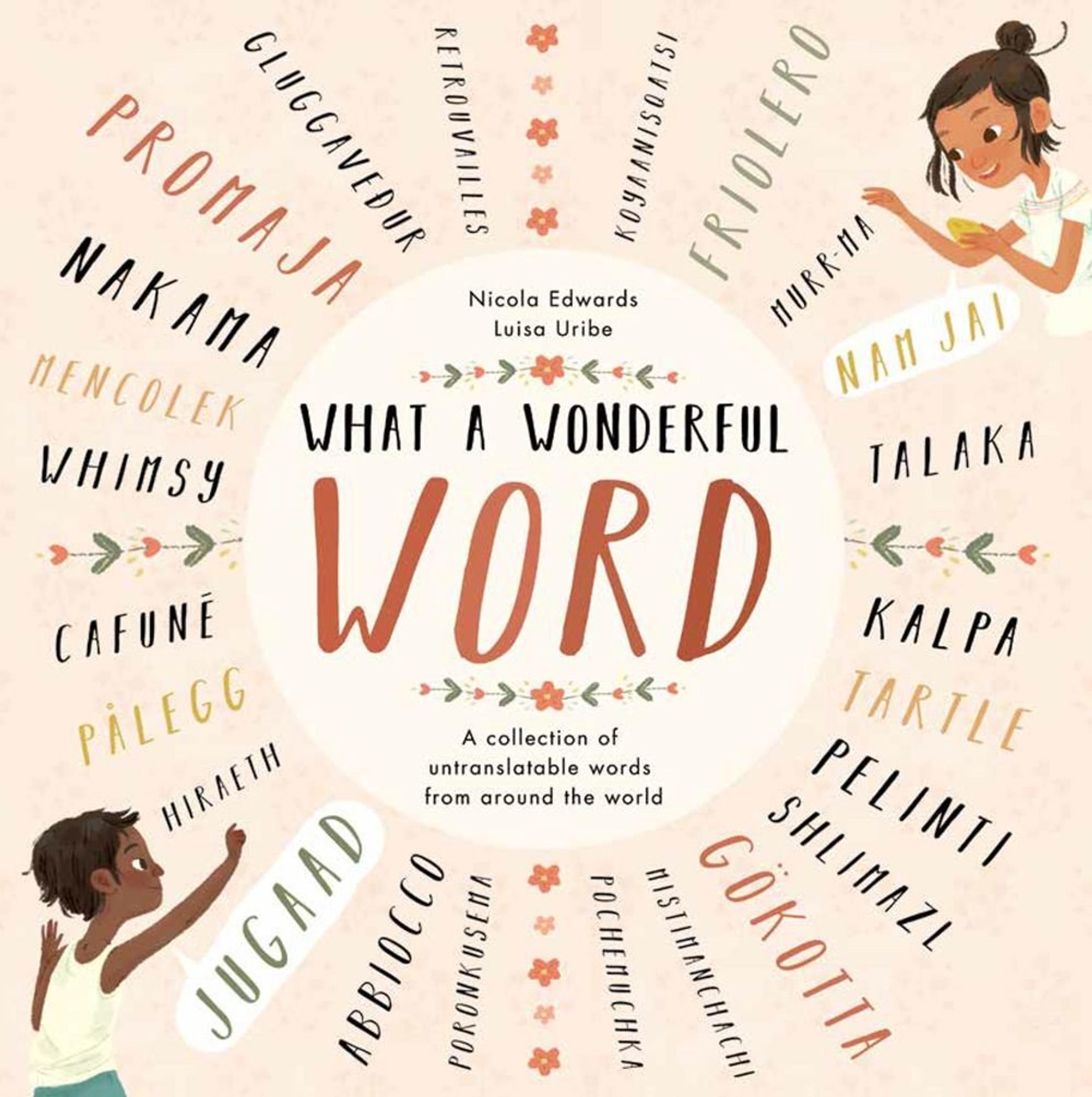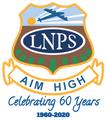School of Thought

Vocabulary is Vital!
with Rosemary and Kim
We took delivery of a new book this week titled: What a Wonderful Word. On each double page spread, the author, Nicola Edwards, shares a word from around the world that cannot be directly translated. The words are supported by explanatory text and beautiful illustrations by Luisa Uribe to help the reader understand the meaning and context of the word.
Have you ever heard of the Spanish word friolero? It means someone who is always cold! The Finnish word poronkusema means the distance a reindeer can walk before needing to go to the toilet! Whilst these words themselves won’t necessarily find their way into our students’ vocabularies, we value the opportunity to model an inquiry into words. By sharing pages from this book with our students, we are able to demonstrate and support the development of a love of language and the power and beauty of words.
At school, we use many different approaches to build students’ vocabulary as we know that the size of a student’s vocabulary is linked to their ability to comprehend and therefore their academic success. Hart & Risley carried out a famous study about the amount of talk children experience at home. By the age of 4 years, children who have experienced talk related only to the business of the day, have heard 13 million words compared to 48 million words heard by children in talkative families.
This highlights the importance of conversations in families and opportunities to experience rich vocabulary and to make sense of unknown words. Beginning school with a broad vocabulary is a distinct advantage and there is no “quick fix” to catch up those students whose vocabulary is limited.
Just as robust conversation builds children’s vocabularies, so does play. Time to play at home and at school is important for child development. Playful experiences where children are deeply involved support them to develop dispositions of critical and creative thinking, social and ethical understanding and literacy and numeracy. Discovery Time and Loose Parts play at LNPS are rich with opportunities to develop and practise vocabulary with peers and adults. Deep and long lasting learning occurs through experience, involvement and revisiting language through play.
Supporting our students to develop their vocabularies is a vital partnership between school and families and we appreciate your support in this endeavour. Keep connected for further School of Thought articles relating to how we build student vocabularies at school.
